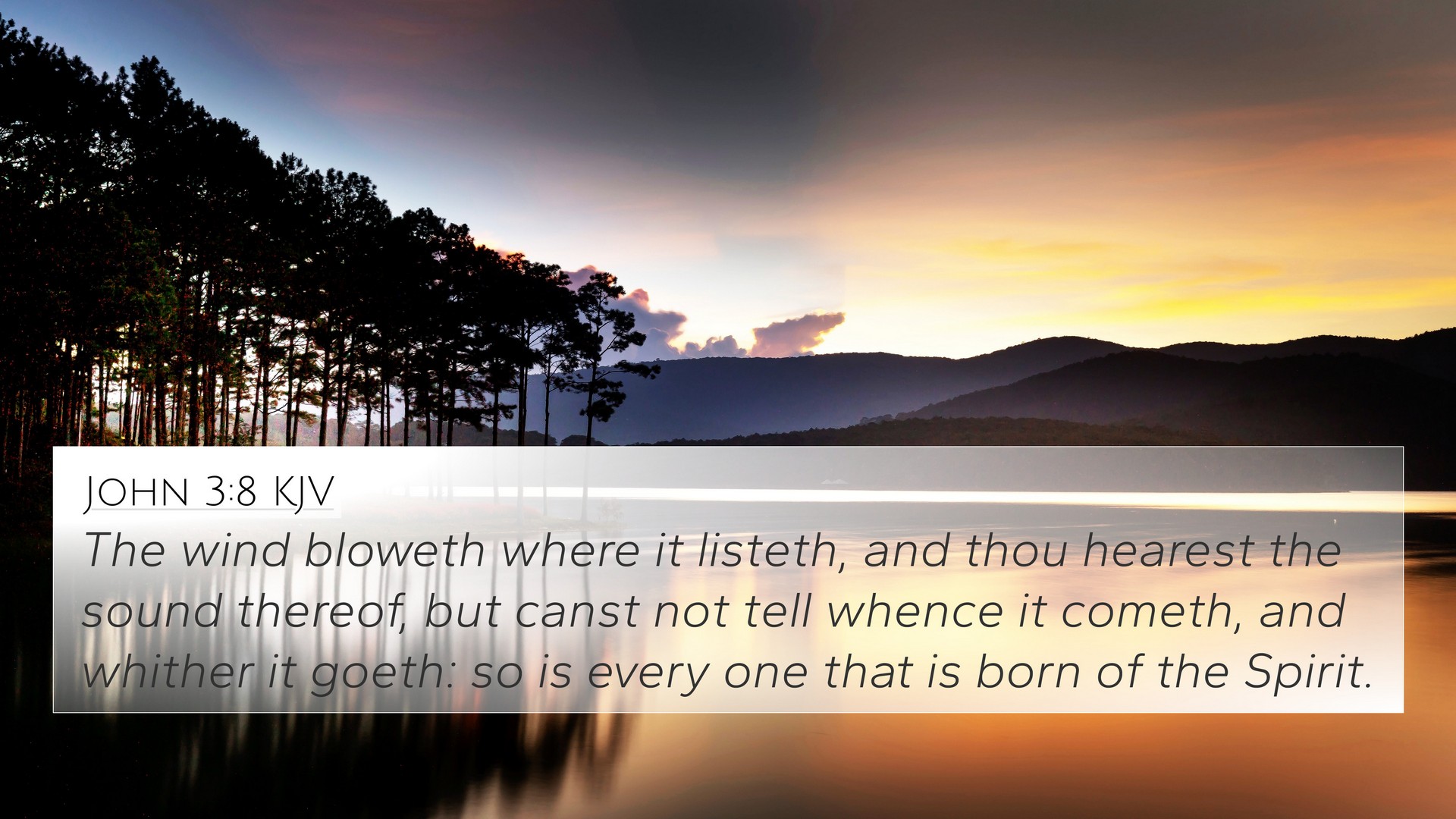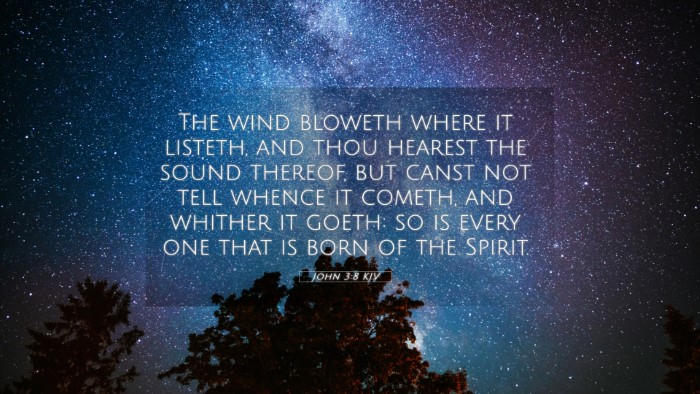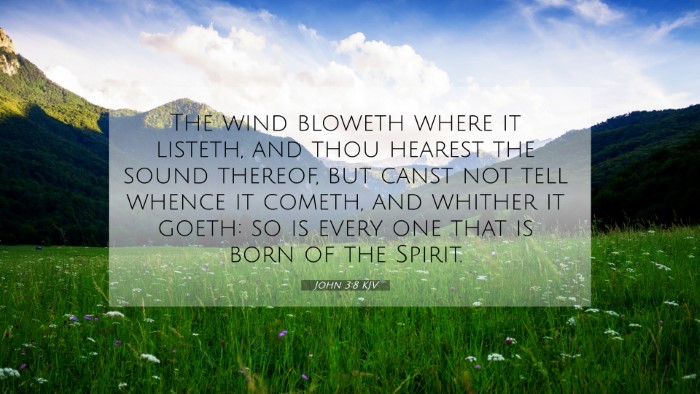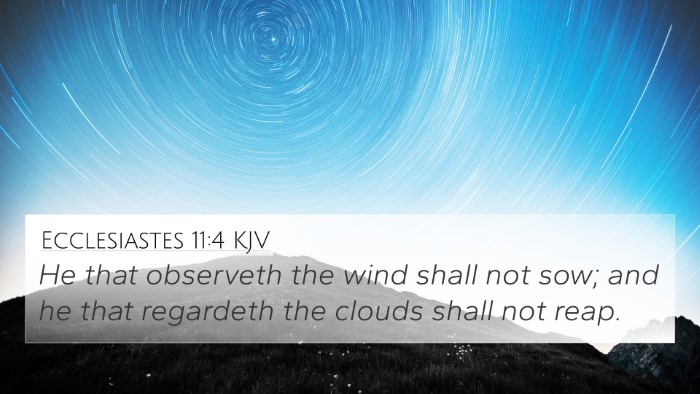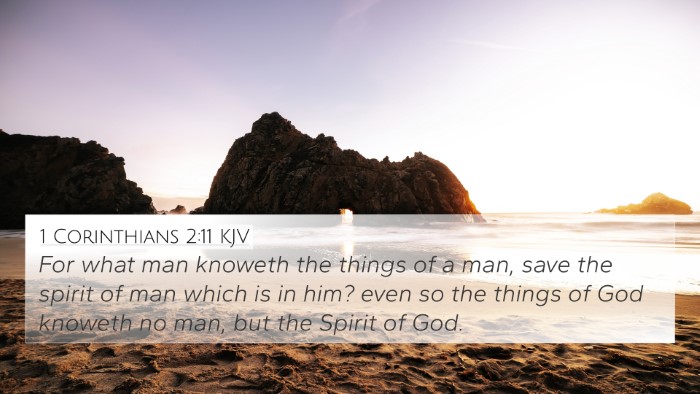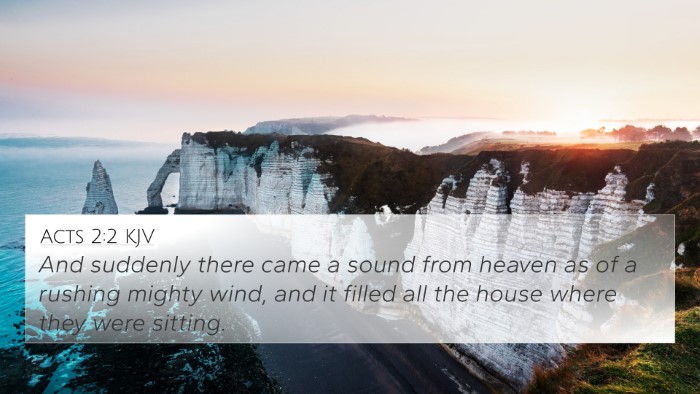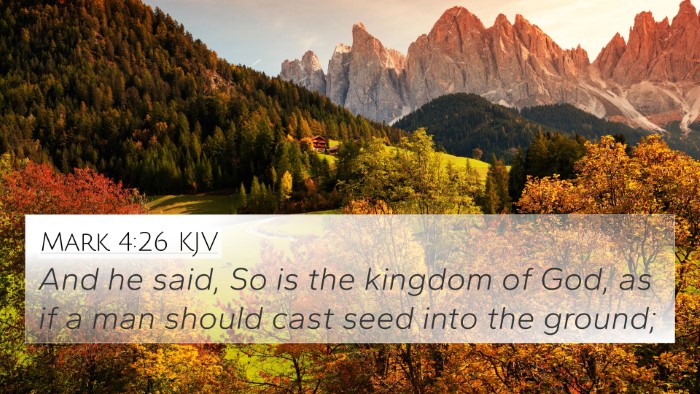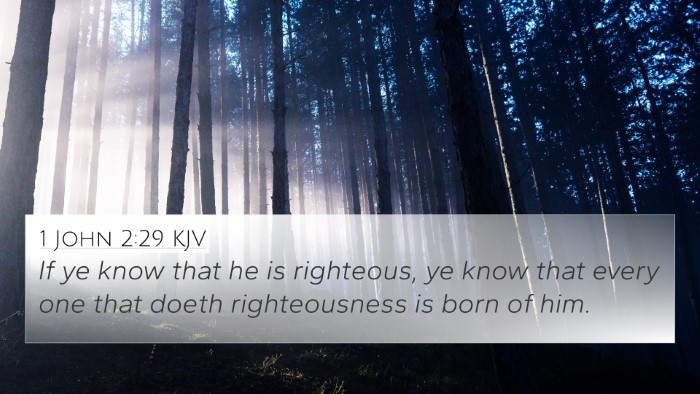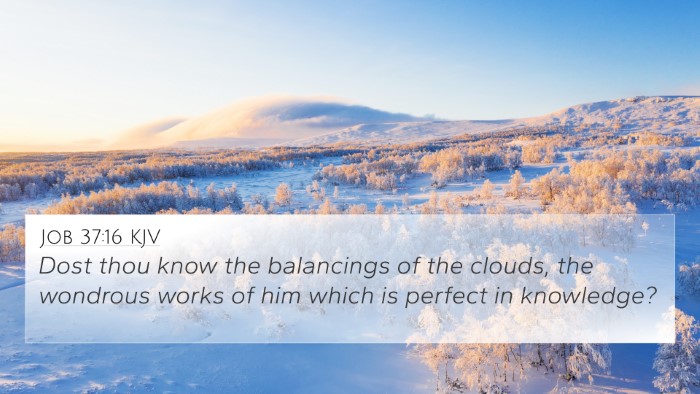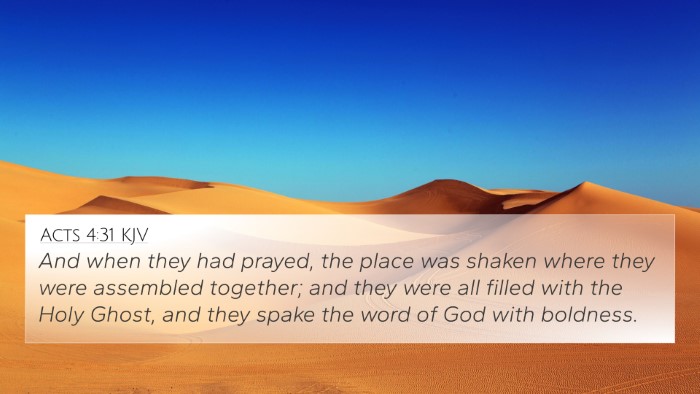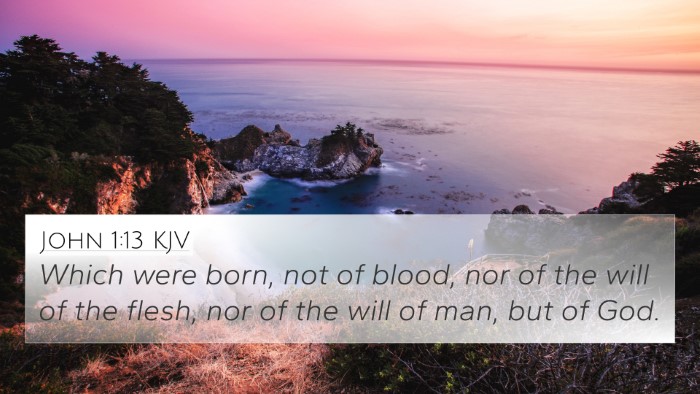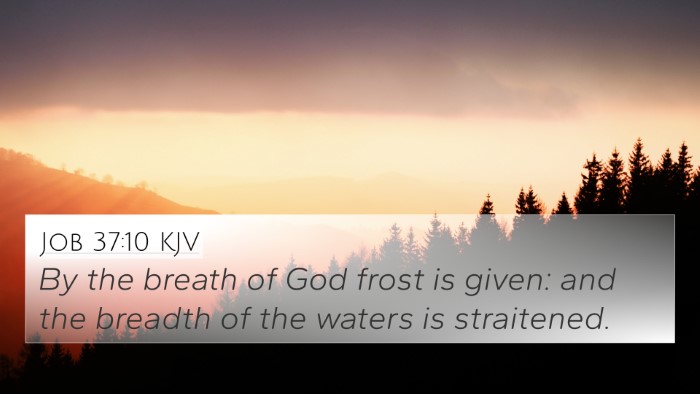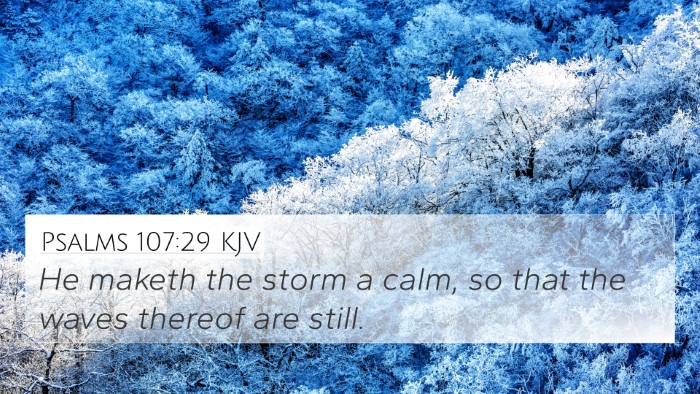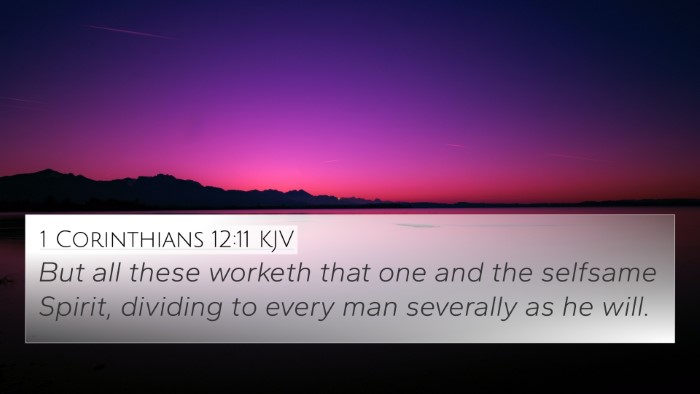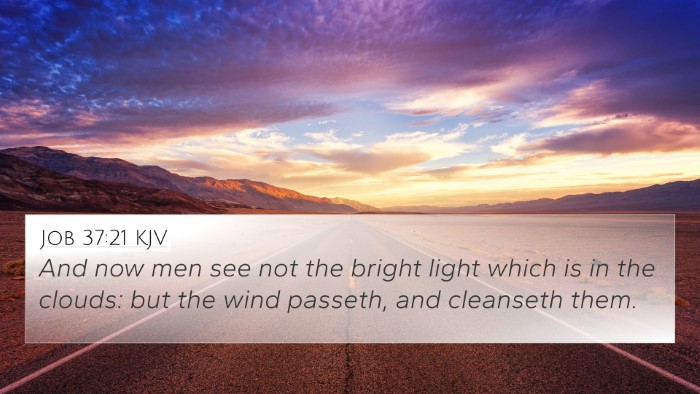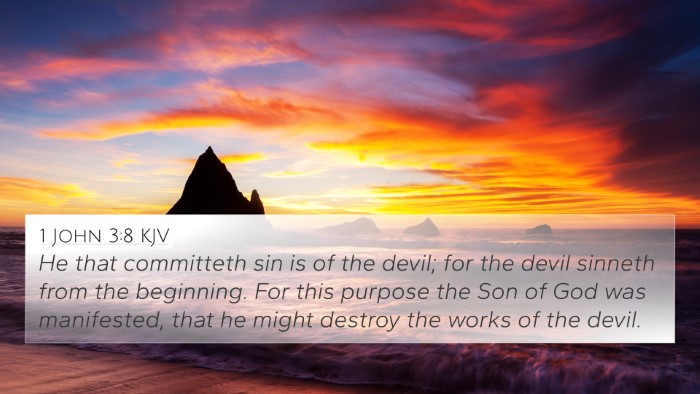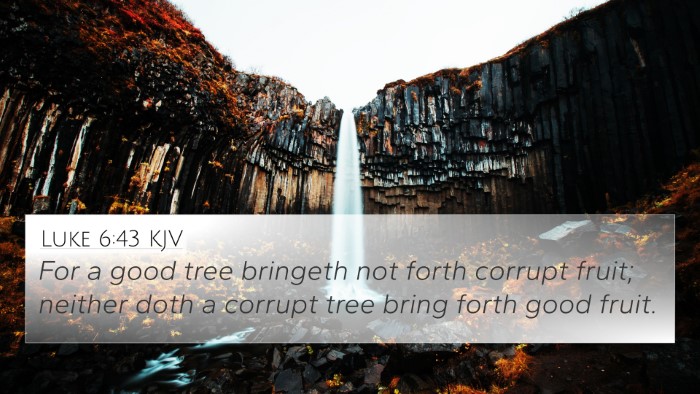Understanding John 3:8
John 3:8 states: "The wind blows where it wishes, and you hear the sound of it, but cannot tell where it comes from and where it goes. So is everyone who is born of the Spirit." This profound statement by Jesus introduces the believer to the mysterious yet transformative work of the Holy Spirit.
Overview of Themes and Meanings
In examining John 3:8, we see several key themes that are echoed throughout scripture and supported by various commentaries:
- Mystery of the Holy Spirit: The nature of the Spirit's work is inherently mysterious, much like the wind; both are unseen yet have undeniable effects.
- Transformation: Being "born of the Spirit" signifies a radical change in a person's spiritual state and being.
- Divine Sovereignty: Just as the wind moves at its own will, the Spirit operates according to divine purposes, beyond human control.
Commentary Insights
Matthew Henry’s Commentary
Matthew Henry emphasizes the sovereignty and freedom of the Holy Spirit. He points out that just as humans cannot dictate the wind’s path, they cannot orchestrate the Spirit’s workings within them. The essential truth is that the Spirit operates in the hearts of individuals in ways that are beyond human understanding, much like the unseen wind that has the power to move and change landscapes.
Albert Barnes’ Notes
Albert Barnes elaborates on the contrast between the spiritual and physical realms. He describes how earthly understanding is limited when it comes to the workings of God. Barnes supports the notion that true comprehension of spiritual rebirth comes not from human intellect but through revelation and faith. The unseen phenomena of the Spirit's influence bring a believer to new life and insight.
Adam Clarke's Commentary
Adam Clarke focuses on the transformative aspect of being born of the Spirit. He emphasizes that the term "born" signifies a genuine change, advocating for a spiritual rebirth that leads to new perspectives and values. Clarke ties this inward change to the idea that the effects of the Spirit are observable much like wind effects; though the source is unseen, its presence is felt and recognized.
Cross-References to John 3:8
John 3:8 is well-connected to various passages, which help deepen the understanding of its significance:
- John 1:13: “Who were born, not of blood nor of the will of the flesh, nor of the will of man, but of God.” - Addresses spiritual rebirth.
- John 3:3: “Unless one is born again, he cannot see the kingdom of God.” - Discusses the necessity of spiritual rebirth.
- Romans 8:9: “But you are not in the flesh but in the Spirit, if indeed the Spirit of God dwells in you.” - Suggests living in the Spirit.
- Acts 2:2-4: The coming of the Holy Spirit on Pentecost characterizes the Spirit's power and movement.
- 1 Corinthians 12:13: “For by one Spirit we were all baptized into one body.” - Illustrates unity in the spirit.
- Galatians 5:25: “If we live in the Spirit, let us also walk in the Spirit.” - Connects to the personal application of the Spirit in daily life.
- Ephesians 2:1: “And you He made alive, who were dead in trespasses and sins.” - Reiterates transformation through the Spirit.
Connections to Other Biblical Texts
This verse resonates not only within the Gospel of John but throughout the entire scripture narrative, highlighting God's plan for mankind:
- Old Testament Prophecies: Passages in Ezekiel (36:26-27) speak of God giving a new heart and spirit, connecting the movement of the Spirit with prophetic fulfillment.
- Psalms and the Nature of God: Psalm 104:4 describes the Spirit as one who brings renewal, reinforcing the idea of transformation.
- Comparative Teachings in the Epistles: Paul frequently discusses the life in the Spirit (Romans 8, Galatians 5), supporting and expanding on the principle found in John 3:8.
Thematic Bible Verse Connections
The themes found in John 3:8 align with numerous Bible verses that collectively express the transformative nature of the Holy Spirit:
- The New Birth: Reflected in 1 Peter 1:23: “Having been born again, not of corruptible seed but incorruptible, through the word of God which lives and abides forever.”
- Life in the Spirit: Romans 8 provides a comprehensive discourse on living under the influence of the Holy Spirit.
- Freedom and Power: 2 Corinthians 3:17 declares, “Now the Lord is the Spirit; and where the Spirit of the Lord is, there is liberty.”
Conclusion
John 3:8 presents a profound revelation of the Holy Spirit's unseen yet powerful work in the life of a believer. Through the insights from esteemed commentators like Matthew Henry, Albert Barnes, and Adam Clarke, and the cross-references provided, we gain a clearer picture of the themes of mystery, transformation, and divine sovereignty that this verse encapsulates. It calls for a deeper exploration into the role of the Holy Spirit, encouraging believers to acknowledge and embrace the mysterious movements that lead to spiritual rebirth.
Tools for Bible Cross-Referencing
For those interested in pursuing deeper studies of Bible verse connections and various cross-referencing methods, consider utilizing:
- Bible Concordance: Tools that list verses by keywords provide a means to identify thematic connections.
- Cross-Reference Bible Study Methods: These encourage systematic exploration of similar texts across both Old and New Testaments.
- Comprehensive Bible Cross-Reference Materials: Many study Bibles and commentaries feature built-in references, aiding in understanding correlations.
By delving into John 3:8 and its associated themes, you can enrich your understanding of the nature of the Holy Spirit and the transformative power it holds in the life of every believer.
